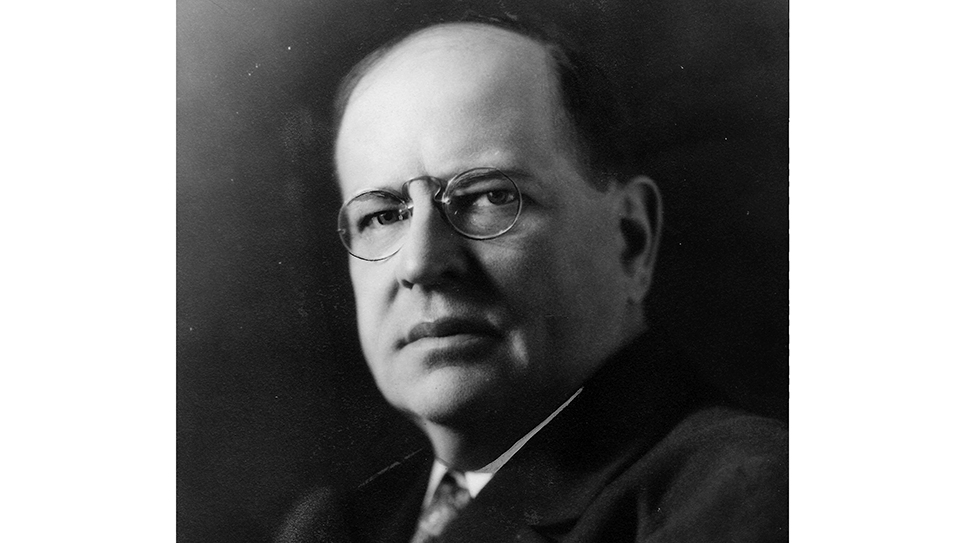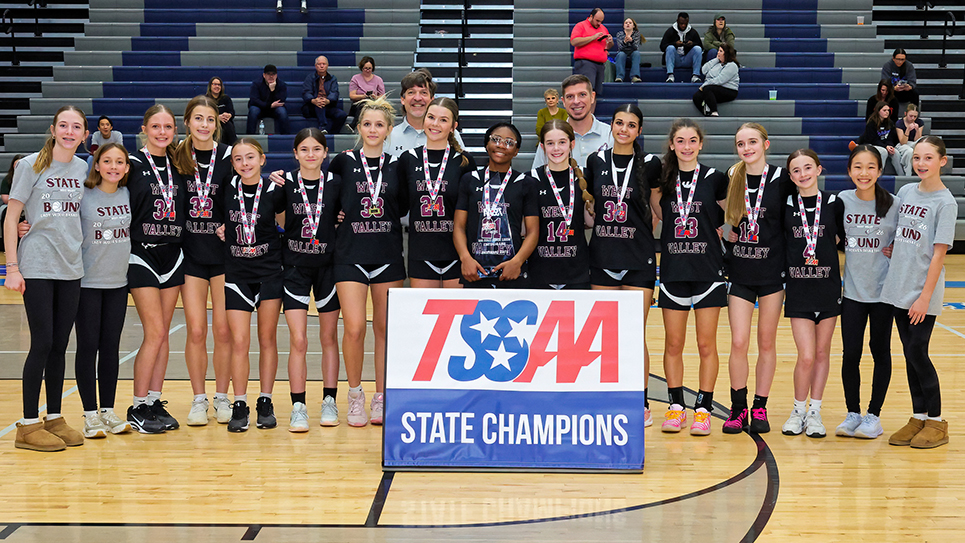The times they were a-changin’ in college football
By Tom Mattingly
It’s hard to believe that decisions made in the 1960s by coaches and players could have such far-reaching impacts.
There had been a fallow period in Tennessee football from 1958 to 1963, when the Volunteers clung grimly to the single-wing offense, the top brass not seeming to know it was past its prime. The single-wing was a legendary formation at Tennessee, but the times they were a-changin’ in college football, as Bob Dylan so cogently noted at the time.
Looking back, nothing brought this home to public consciousness better than two outstanding prep quarterbacks in East Tennessee heading to the (much) greener pastures of Tuscaloosa, Ala., and Gainesville, Fla.
They were Steve Sloan of Cleveland, Tenn., and Steve Spurrier of Johnson City. They were the top signal-callers in the state of Tennessee in 1962 and 1963, respectively.
Sloan was part of two national championships at Alabama and ended up coaching against the Vols at Vanderbilt and served as athletic director at Alabama and at UT-Chattanooga.
Spurrier was a different story.
Spurrier nearly became a Vol, thanks to a clever idea by head basketball coach Ray Mears, a coach who seemed to have an original and innovative idea nearly every day.
Think how the history of Tennessee football might have changed had Spurrier, a multi-sport star at Science Hill High School, come to Knoxville.
“I spoke at his high school banquet and his family invited me to their home afterwards,” Mears told sportswriter Ron Bliss. “Steve was a great basketball player, as well as being a football star… I knew he was too good a football player to come to Tennessee to just play basketball, and I asked him what it would take for him to sign with Tennessee in football.”
Spurrier’s response was vintage… and direct.
“He told me he didn’t like [Bowden] Wyatt’s wingback offense,” Mears said, “and he’d have to change to more of a passing offense before he’d consider coming.”
Wyatt’s response to Mears’ entreaty was equally vintage: “I’m not changing my offense for anyone.”
Spurrier ended up playing at Florida and winning the 1966 Heisman Trophy, even if he might not have been the best quarterback in the SEC. Alabama’s Ken Stabler and Tennessee’s Dewey Warren were perceived to be at least as good. Spurrier kicked a late field goal to win the Auburn game that seemed to be the winning edge in the minds of many Heisman voters.
After a brief stint in the pros, Spurrier started his coaching career being hired as a Florida assistant by Dickey, who had, ironically, brought the “T” formation to Tennessee in 1964.
As head coach at Duke in 1988, Spurrier’s Blue Devils had knocked off Tennessee 31-26. A year later, they gave an 11-1 SEC championship Tennessee team all kinds of fits before falling 28-6.
Spurrier then heard the siren call to come home to Florida. Tennessee won two of the first three games against his Gators, 45-3 in 1990 and 31-14 in 1992, but lost 35-18 in 1991. What followed was the stuff of which dreams were made in Gainesville.
Spurrier, often referred to as “Steve Superior” by the late Auburn head coach Shug Jordan and numerous Tennessee fans, then got it rolling in 1993. The Gators won five in a row over the Vols. Spurrier was throwing the ball all over the field and playing mind games with the best of them, with zingers at the ready for every situation. It was just part of his personality, part of his charm.
Tennessee broke the streak in 1998 with a memorable overtime win at Neyland Stadium, but Florida reeled off two more wins in 1999 and 2000. In that latter game, the Gators won on a controversial touchdown pass reception inside the game’s final minute.
That led Spurrier to invoke the deity’s influence in front of the assembled media, saying after the game that, “God smiled on the Gators,” riling Vol fans even more than the supposed catch.
Spurrier left Florida after the 2001 season, after the Vols won the Eastern Division of the SEC with a 34-32 tally against the Gators. Spurrier then went to the Washington Redskins, resurfacing in 2005 at South Carolina.
The 2005 Tennessee-South Carolina game had to have been one of Spurrier’s favorites. The Vols were favored, but the “ol’ ball coach,” as he’s popularly known, still had some magic up his sleeve. The Gamecocks won 16-15, with Spurrier telling media what he had told his team at halftime.
“Keep it close, and I’ll out-coach him [Phillip Fulmer] in the fourth quarter.”
Not only that, but Tennessee had retired Peyton Manning’s No. 16 that night, and Spurrier, whose teams never lost to Tennessee when Manning was under center, had to have reveled in the moment.
In the 2008 game at Columbia, the Gamecocks won. Fulmer, 3-6 with two losing seasons in the past four, was let go the next day. The irony of that situation was not lost on many Vol fans, who believed Spurrier had taken up permanent residence in Fulmer’s head his entire tenure.
Years later, the questions still remain about the impact Spurrier might have had on Tennessee football.
For most Tennessee fans, the 1960s are literally the “Dark Ages.” The way everything has transpired makes Tennessee fans wonder what might have been.






